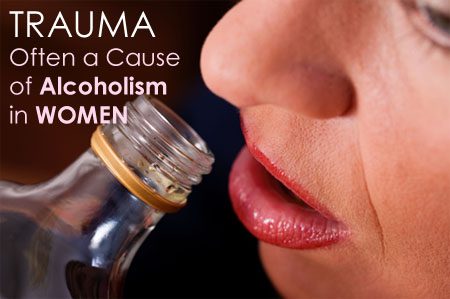5 Signs You Or a Loved One Is Struggling With Substance Abuse
Symptoms of drug or alcohol addiction vary greatly depending on the person who is addicted and the substance they are using. However, there are many common signs that can indicate that your loved one is abusing a substance. If you notice a friend or family member going through some of the below changes, they may be suffering from an addiction and need help.

1. A Change in Appearance
Being addicted to many substances can change a person’s appearance rather quickly. Your loved one may gain or lose significant amounts of weight, develop marks on their arms or legs, or begin getting sores on their face. If you notice a marked change in your loved one’s appearance in a relatively short amount of time, it could be a signal that they are struggling with addiction.
2. Failure to Meet Obligations or Commitments
A dependency on drugs or alcohol could cause a loved one to begin to fail to meet their obligations or commitments. For example, a loved one could forget to pick up their child from school or daycare, or may miss several days of work.
3. Frequent Changes in Mood
Mood swings may be a strong indicator that a loved one is addicted to a substance such as alcohol or drugs. Your loved one may change suddenly from seeming depressed or upset to being upbeat and happy, or vice versa.
4. Lying & Theft
Often, a person who is dependant on a substance will lie about how much they are actually using or steal money and valuables from family and friends to buy more. Even though your loved one may care deeply for you, their addiction fuels their need to buy more, even if they don’t have the money, and to cover up their drug or alcohol abuse.
5. Loss of Interest in Hobbies
A loved one who is struggling with a drug or alcohol addiction will often lose interest in hobbies or activities they once enjoyed. Loved ones who played team sports may quit in fear that their teammates will discover their addiction, or the substance may affect them in such a way that they can no longer physically or mentally take part in activities they used to care about.
If you suspect your loved one is combating an addiction to alcohol or drugs, it’s essential that you get them help as soon as possible. While it’s ideal that your family member or friend would want help overcoming their substance abuse problem, an unwillingness to stop abusing drugs or alcohol doesn’t mean that treatment will not be beneficial. Even those who are pressured into receiving treatment can benefit from rehabilitation.
The most important factor in encouraging a loved one to undergo treatment for an addiction is to emphasize that you care for them and will support them throughout treatment. A person struggling with a drug or alcohol addiction may not be strong enough to go through rehabilitation alone, and they have a greater chance of success if you continue to offer them love, support and guidance.



